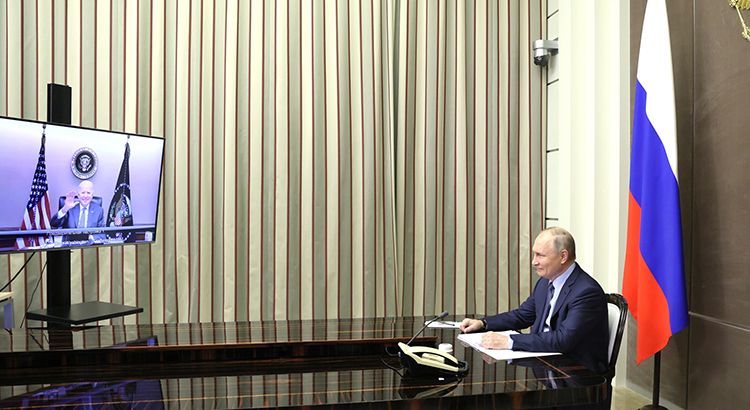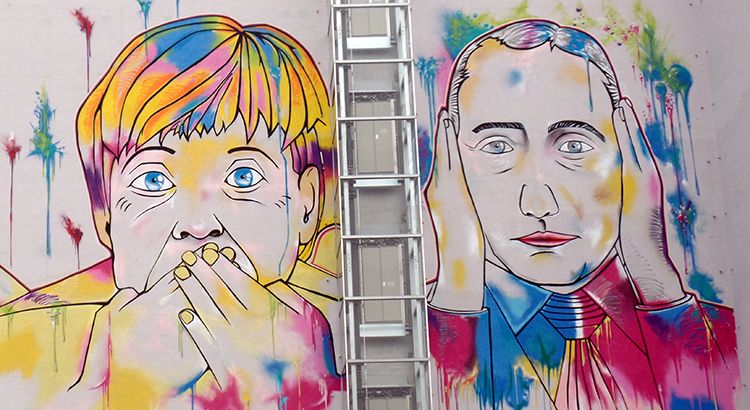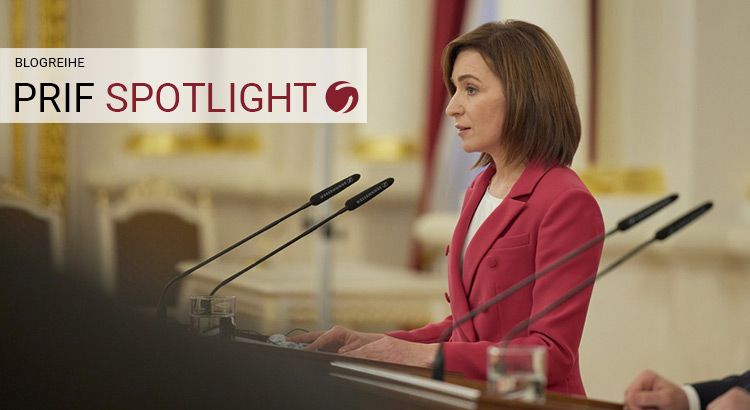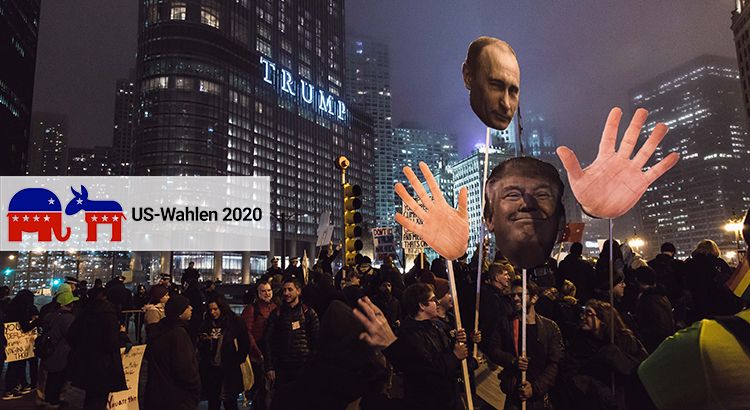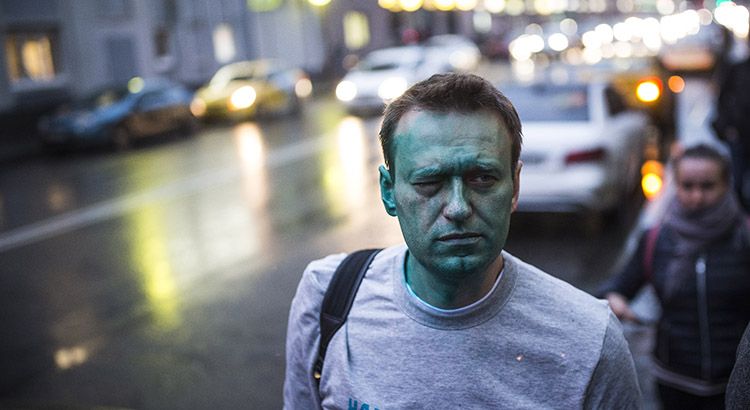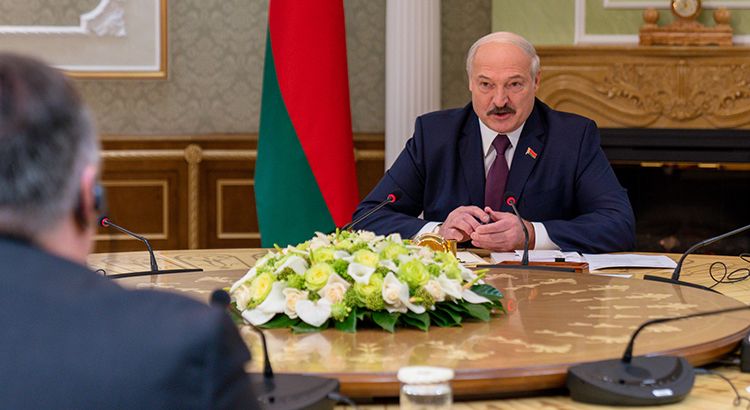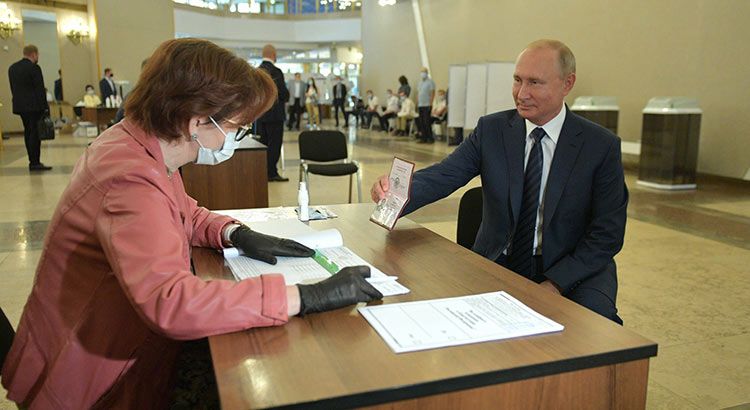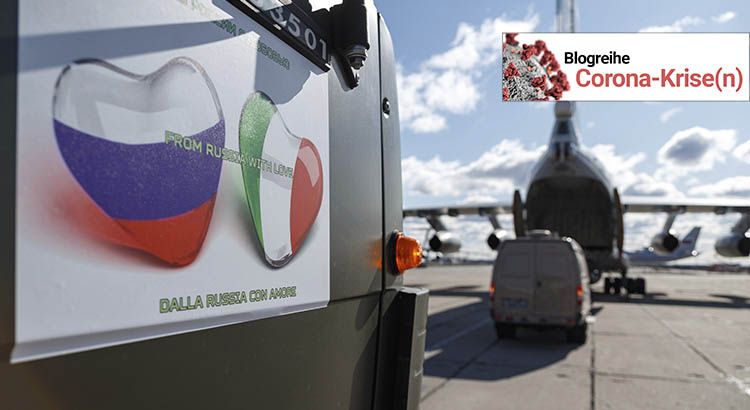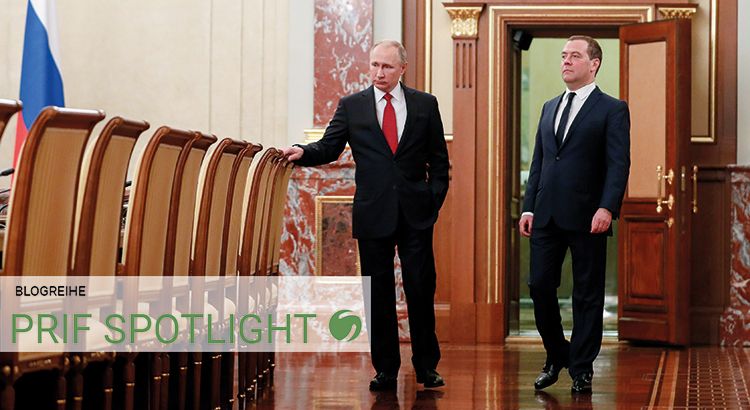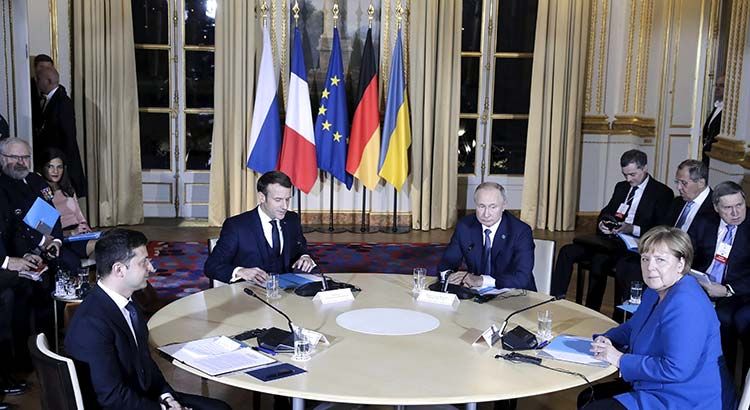Author: Mikhail Polianskii
Mikhail Polianskii ist wissenschaftlicher Mitarbeiter im Programmbereich Internationale Institutionen des PRIF und im Projekt PATTERN. Er forscht zur Außenpolitik Russlands sowie den Russland-EU/NATO Beziehungen im Rahmen der Europäischen Sicherheit. // Mikhail Polianskii is Researcher in PRIF’s Research Department International Institutions and the PATTERN project. His research interests are Russia’s foreign policy and the relations between Russia, EU and NATO. | Twitter: @PolianskiiM
The recent build-up of Russian troops on the border to Ukraine is making waves in the political...
Green is the New Black? What might the “Green” German foreign policy vis-à-vis Russia look like?
The election of a new German Chancellor to replace Angela Merkel after more than 15 years in...
Breaking the vicious circle: Can the new Moldovan president Sandu succeed in balancing relations with the EU and Russia?
For the first time in its history, the Republic of Moldova has voted for an openly pro-Western...
This time, Russia сould not care less
“Russian interference” became a buzzword in the 2016 US presidential election and throughout the...
Der Fall Nawalny und die westliche Reaktion – keine Auswege aus der Destruktionsspirale?
Obwohl noch immer viele Fragen offen bleiben, wer genau und aus welchem Grund Alexey Nawalny...
Winning Elections but Losing the Country. What does a Weakened Lukashenka Regime Mean for European Security?
No international election observers, no real opposition candidates, internet shutdown and the...
What Does the New Russian Constitution Mean for European Security?
In 1993, Russia literally had to fight to adopt its new constitution. In October that year, the...
From Russia with Love?! Putin and the Pandemic
For Russia the novel SARS-CoV-2 still seems to be the best of a bad lot, as the country still...
Lost in Transition? Putin’s Strategy for 2024
Speculations about “Транзит“ or transfer of power have circulated in the Russian mass media since...
What Does the Normandy Summit Mean for the Peace Process in Ukraine?
The beginning of conflict in Eastern Ukraine is nearing its sixth anniversary. The concerted...
